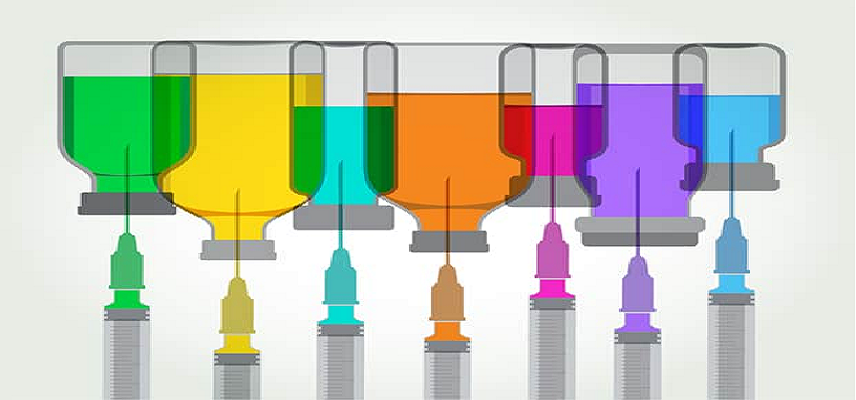Ascletis Completes Dosing in U.S. Obesity Study of...
Category : Clinical Trial Update 15 July 2025Ascletis Completes Dosing of All Participants in Its U.S. Clinical Study Combining Adipose-Targeted,...
Newsletter- All News is a comprehensive section of updated news and current trends, specifically curated to keep clinical trials, including breakthroughs in drug research, regulatory approvals, and advancements in study methodologies. Our news covers key trends in trial designs, patient recruitment strategies, and cutting-edge technologies shaping the future of clinical research

Ascletis Completes Dosing of All Participants in Its U.S. Clinical Study Combining Adipose-Targeted,...

Revalesio to Present Phase 3 Trial Design and Post Hoc Analysis of Phase 2 RESCUE Trial of RNS60 in...

Overview Osivax, a biopharmaceutical company developing vaccines to provide broad-spectrum protec...

Overview Crinetics Pharmaceuticals, Inc. (Nasdaq: CRNX) today announced new data from its clinica...

Overview Ultragenyx Pharmaceutical Inc, a biopharma company committed to bringing novel therapies...